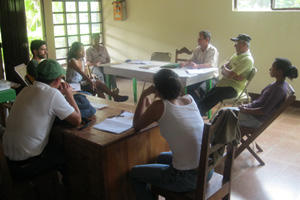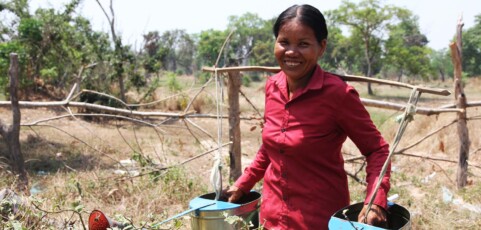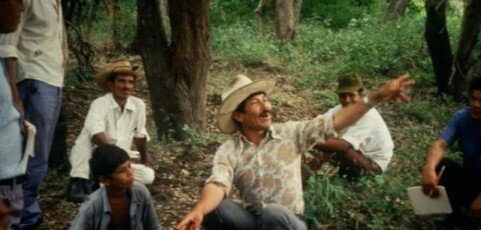After the electoral defeat of the Sandinistas in 1990, former land owners returned to Nicaragua from the USA. They began to take back their former estates through legal and less than legal manoeuvering, driving many rural people off the land they had been cultivating. This ‘agrarian counter-reform’ as it became known, left many hundreds of people landless in its wake during the 1990s and early 2000s. Now a national union has adopted agroecology and is leading the way for peasant farmers to collectively work their way out of poverty and towards a more resilient model of agriculture.
Climate Resilience Sustainable Agriculture Experiences
This document summarises case studies from ten countries through ActionAid’s approach to climate resilient sustainable agriculture, which incorporates agroecology in a human rights framework. Based on these experiences ActionAid recommends to increase investment in agroecology, as part of a comprehensive human rights based approach: Read more
Measuring farmer’s agroecological resistance in the wake of Hurricane Mitch
This study, published in 2001 by IIED, is the outcome of a participatory action research carried out in cooperation with the Campesino a Campesino, a farmer-led sustainable agriculture movement in Latin America. It compares the sustainability of conventional to agroecological farms after Hurricane Mitch, covering 360 communities of smallholders from southern Nicaragua to eastern Guatemala.





